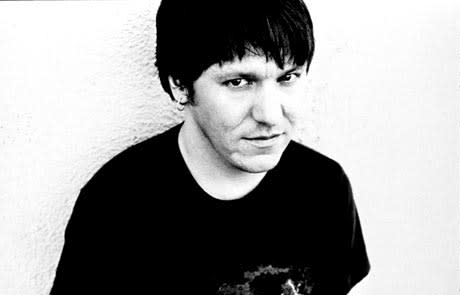While Elliott Smiths music explored and expressed every human emotion, the most salient of these was, ineluctably, despair. This desperation wasnt just artistic either; before leaving Oregon for California in the late 90s he told his friends to say goodbye because he "was probably going to kill himself. In October last year, Smith actualised this by stabbing himself in the chest with a kitchen knife in his Los Angeles apartment. There really was little distance between Smith "the man and Smith "the songwriter, yet upon revisiting his oeuvre you find yourself reduced to paradoxical superlatives: gorgeous and breathtaking, finding beauty in sadness. His final disc, From a Basement on the Hill, is no different; perhaps his most consistent album since Elliott Smith, it finds his oppressively keen self-reflection matched with a nascent inventiveness and comfort as a pop songwriter. Continuing his apparent preoccupation with the White Album and Let it Be sounds and structures, Smith leaves us a one-hour, 15-song going away present in which he whispers through disrobed acoustics (the near-Dixieland "Memory Lane), seethes over gravid blues-pop (like lead-weighted "Dont Go Down) and boosts Kleenex sales with debilitating pleas for help ("Twilight is among Smiths best ever). In short, we get the staggering sincerity thats made him so valued, and will make him so missed. Each of Smiths albums contained what could be considered prescient lyrics about his own death, but there is a palpable finality and peace in the chorus of "Last Hour, when he sings, "Im through feeling now, its a big relief/Ill be staying down where no ones gonna give me grief/mess me around/just make it over.
(ANTI- Records)Elliott Smith
From a Basement on the Hill

BY Andrew SteenbergPublished Jan 1, 2006